
An Epic Failure and a Major Problem for NATO
The catastrophic export control failures of both the Netherlands and E.U. mean this challenge must now be addressed by other approaches available to NATO nations.

The catastrophic export control failures of both the Netherlands and E.U. mean this challenge must now be addressed by other approaches available to NATO nations.

Ukraine serves as a global case study in how modern defense technology must be designed, tested and deployed to remain effective in high-intensity conflict.

AFRICOM is uniquely positioned to forge and strengthen the partnerships essential for building long-term stability and prosperity.

Warfighters may be unknowingly revealing sensitive patterns of strategic thought through their interactions with commercial AI systems.
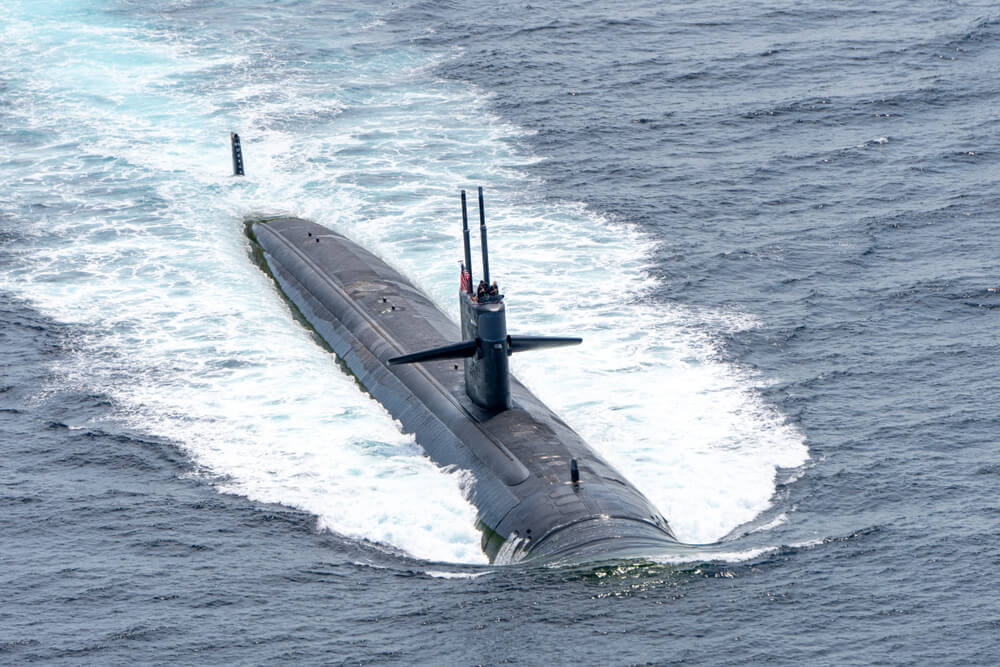
The U.S. Navy should pursue the concept of teaming manned units — like attack submarines — with unmanned units as the best method to maximize combat potential.

Restarting explosive nuclear weapons testing, or even for political reasons conducting tests that don’t generate a nuclear yield, is unnecessary and counterproductive.

Poisonings, cyber-attacks, sabotage of infrastructure – these have become so common it is increasingly hard to think that Russia is not at war with us.
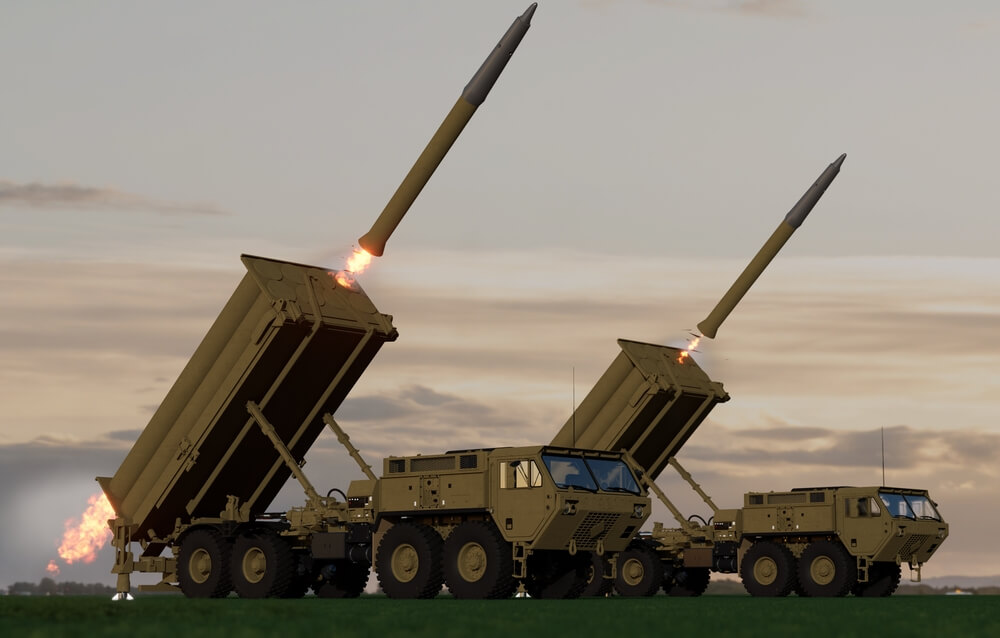
Modern air defense systems have become important instruments, shaping contemporary politics.

Russia and China encourage the kind of dangerous behavior at sea not seen since the Cold War.
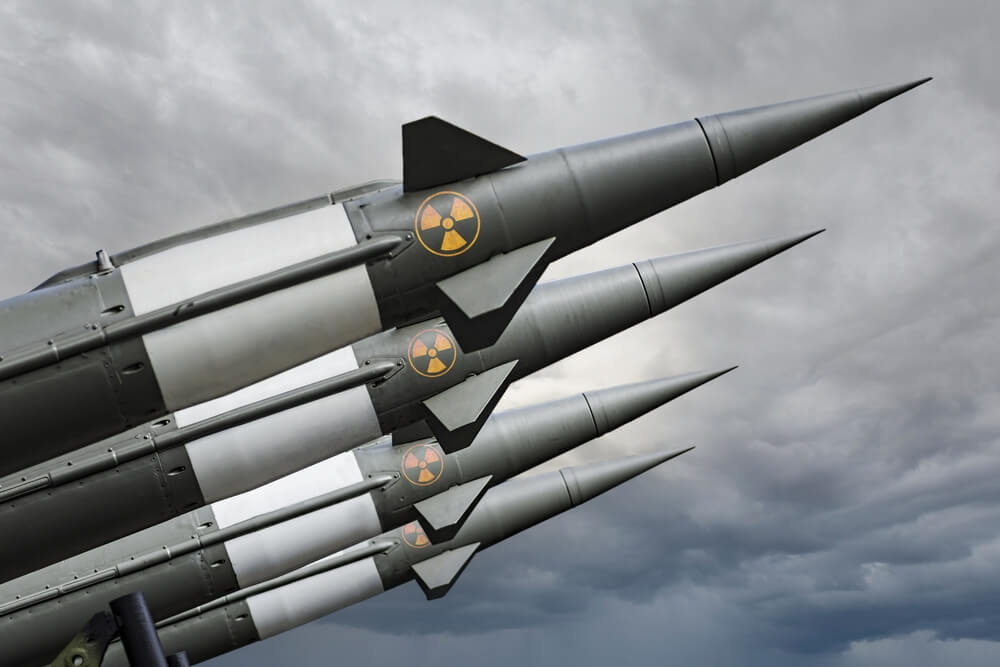
The nuclear age has seen many arguments put forward in favor of abolishing nuclear weapons. So far, none has prevailed over nuclear deterrence.

Third-party litigation funding and disinformation issues collided during recent discussions concerning President Trump’s “One Big Beautiful Bill.”

Drones have one fatal flaw: they depend on signals. Cut the signal, and you cut out the drone’s brain. The drone becomes scrap with wings.
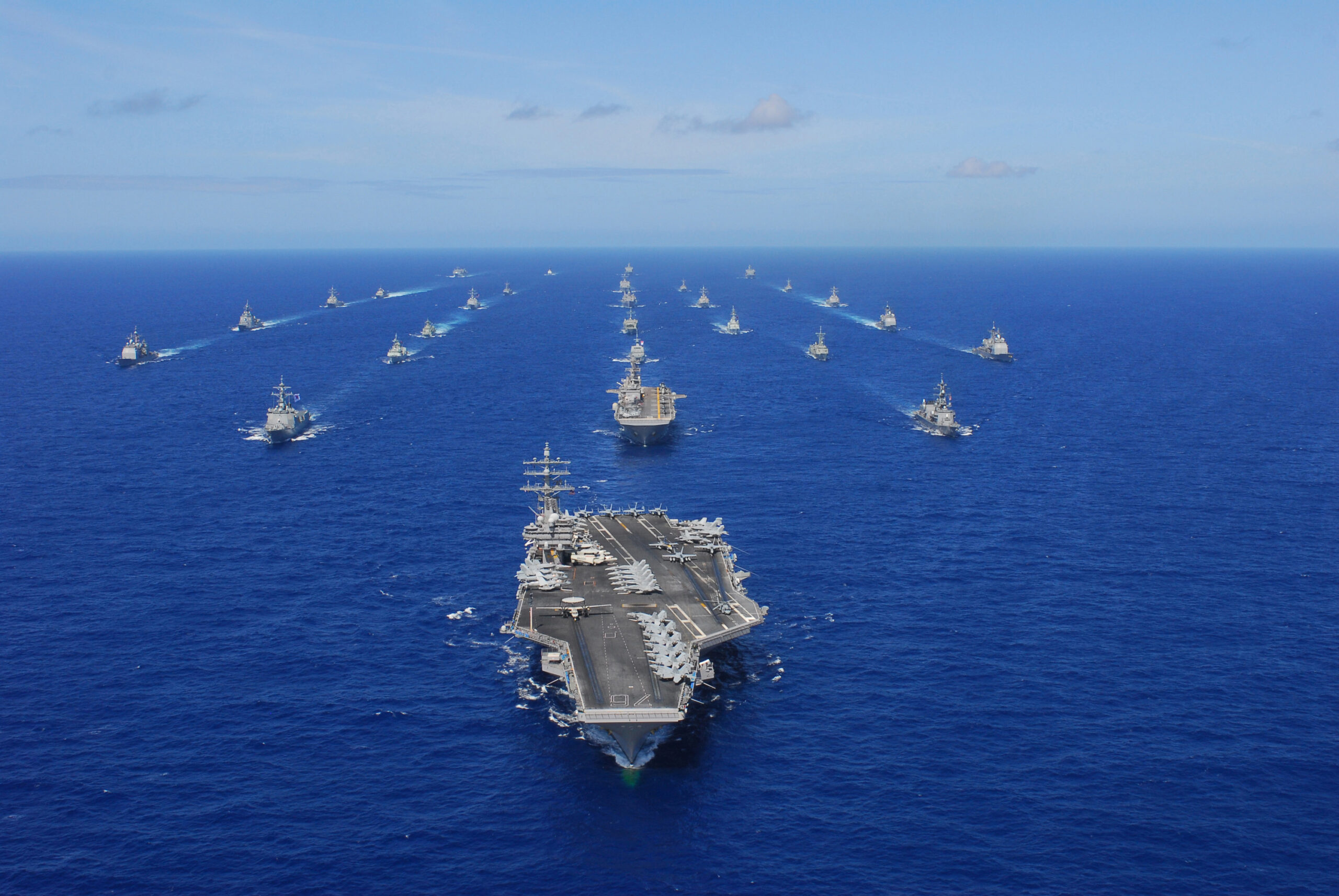
Introduction of smaller, unmanned ships as an adjunct to the existing Navy fleet solves the problem of large ships not able to distribute combat capability.

Technology now empowers us to precisely attribute the source of attacks. failing to respond is tacit acceptance of current and future attacks. We must escalate deterrence measures along with implementing cyber defenses.

The case highlights how foreign actors, shielded by legal intermediaries, can engage in economic warfare against critical U.S. industries with little to no accountability.

Defense technology has advanced a lot since the 1980s and offers new opportunities that the U.S. is determined to seize.

While Russia seeks Ukraine’s subjugation in Europe and the People’s Republic of China looms as a rising danger to Taiwan across the sea in the Pacific, the military dimensions of space have grown ever more important.
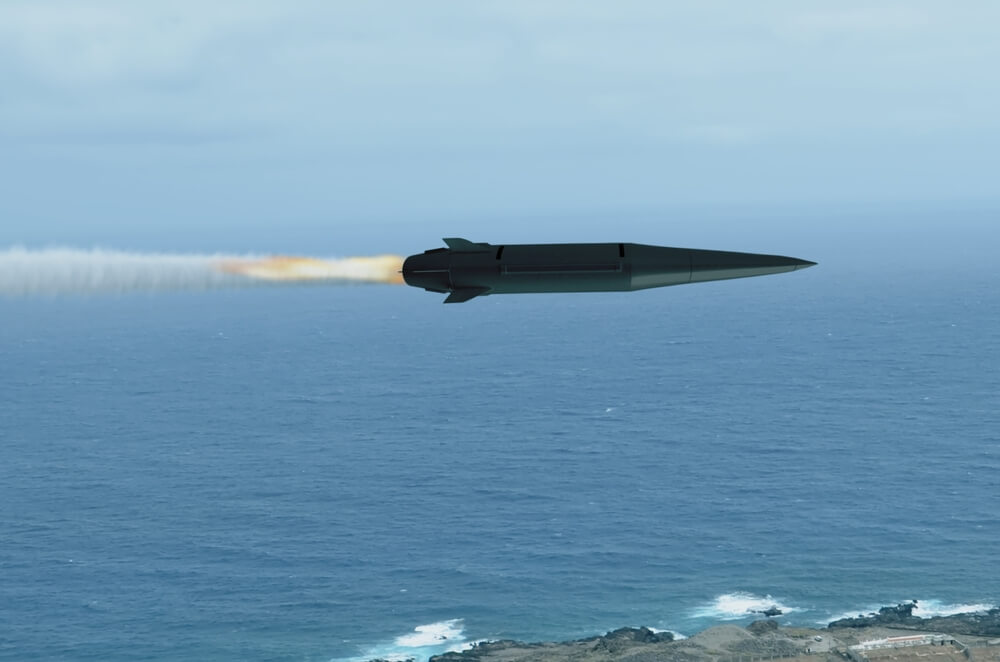
The U.S. must conduct aggressive on hypersonic and counter-hypersonic weapons, especially since adversaries have adopted precisely this mindset. A risk-averse mentality that demurs on military development will lose the United States the next war.

U.S. policy is burdened by strategic dithering — supporting Ukraine enough to not lose, but not enough to be victorious.

The new NATO secretary general has the opportunity and experience necessary to lead a global effort to cripple Russia’s war against Ukraine by tightening global export controls on semiconductors that are currently enabling Moscow’s arsenal.

With the end of a cooperative framework, the Arctic is rapidly becoming the next contested area in great power competition, and the U.S. is in danger of being a day late and a dollar short.

Until and unless the Russians understand that they can’t win militarily, a negotiated settlement is not an option.
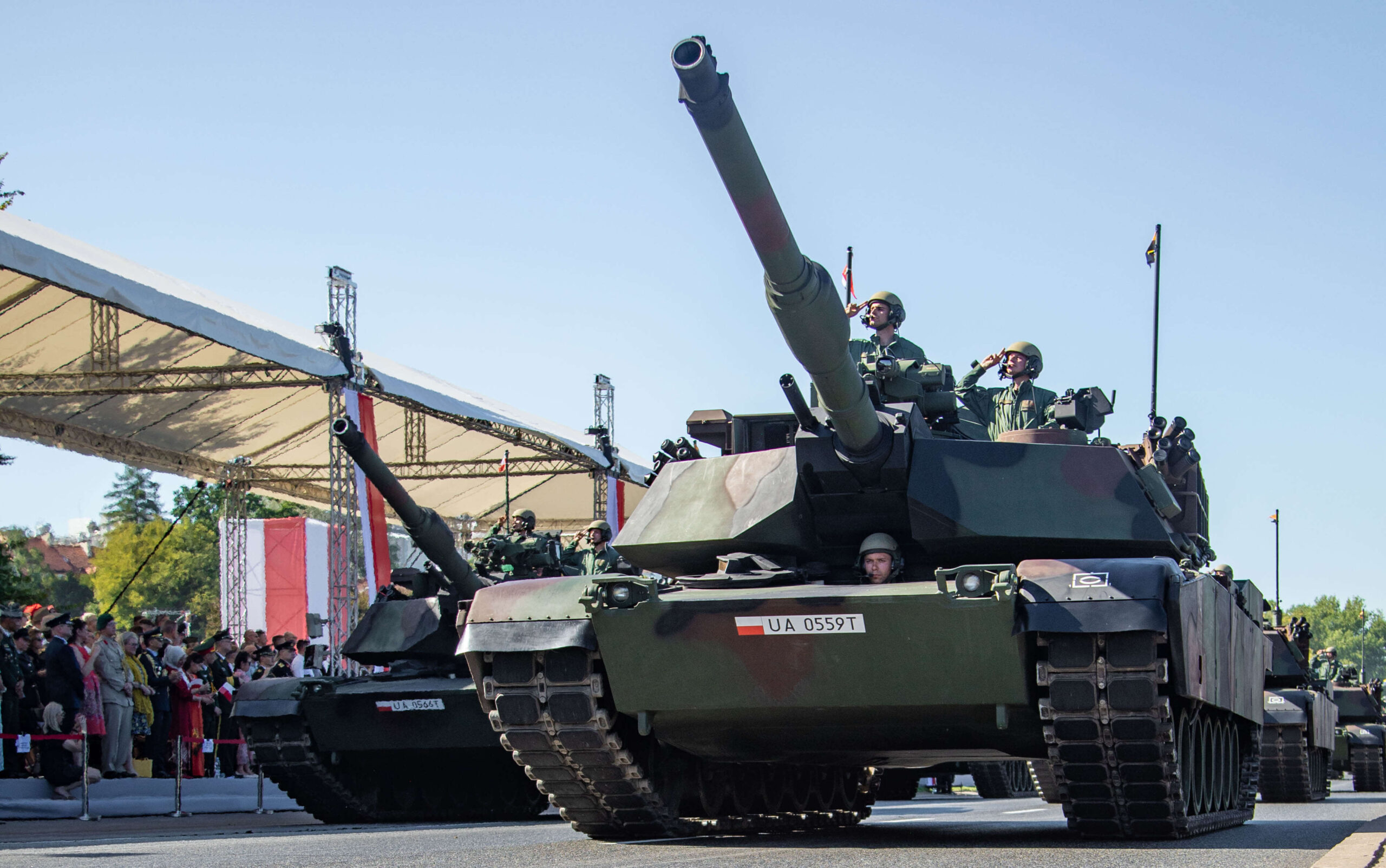
Among Poland’s weapons purchases, nothing is more likely to prevent Russia from invading NATO Europe than the M1 tank – arguably the West’s apex ground combat predator.
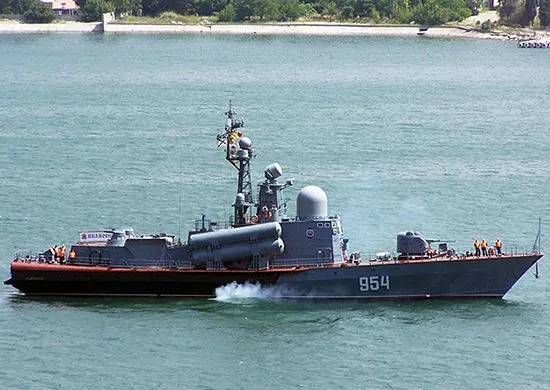
The recent sinking of a Russian navy ship was a solid victory for Ukrainian forces. But it’s a lot more about Russian failures rather than the success of uncrewed drones. The U.S. Navy can learn lessons.

Congress and key agencies in the executive branch and not doing enough to support defense innovation. More can and should be done – or else our efforts to deter conflict will ring hollow, and we will risk failure in the battlespace.

Sen. Paul uses half-truths that may be appealing to some Americans. They should know the whole truth and understand the stark consequences if we fail to maintain our resolve.

Given the unpopularity of the Ukraine War, and the attempted revolt/protest of Wagner group Russian mercenaries, could the Black Sea Fleet by ripe for another grand and embarrassing naval mutiny?

Ukraine with Western support is winning, and it is only a matter of time before the Russian military is driven back into Russia. There are powerful signs of pending Russian defeat and the success of U.S. grand strategy.
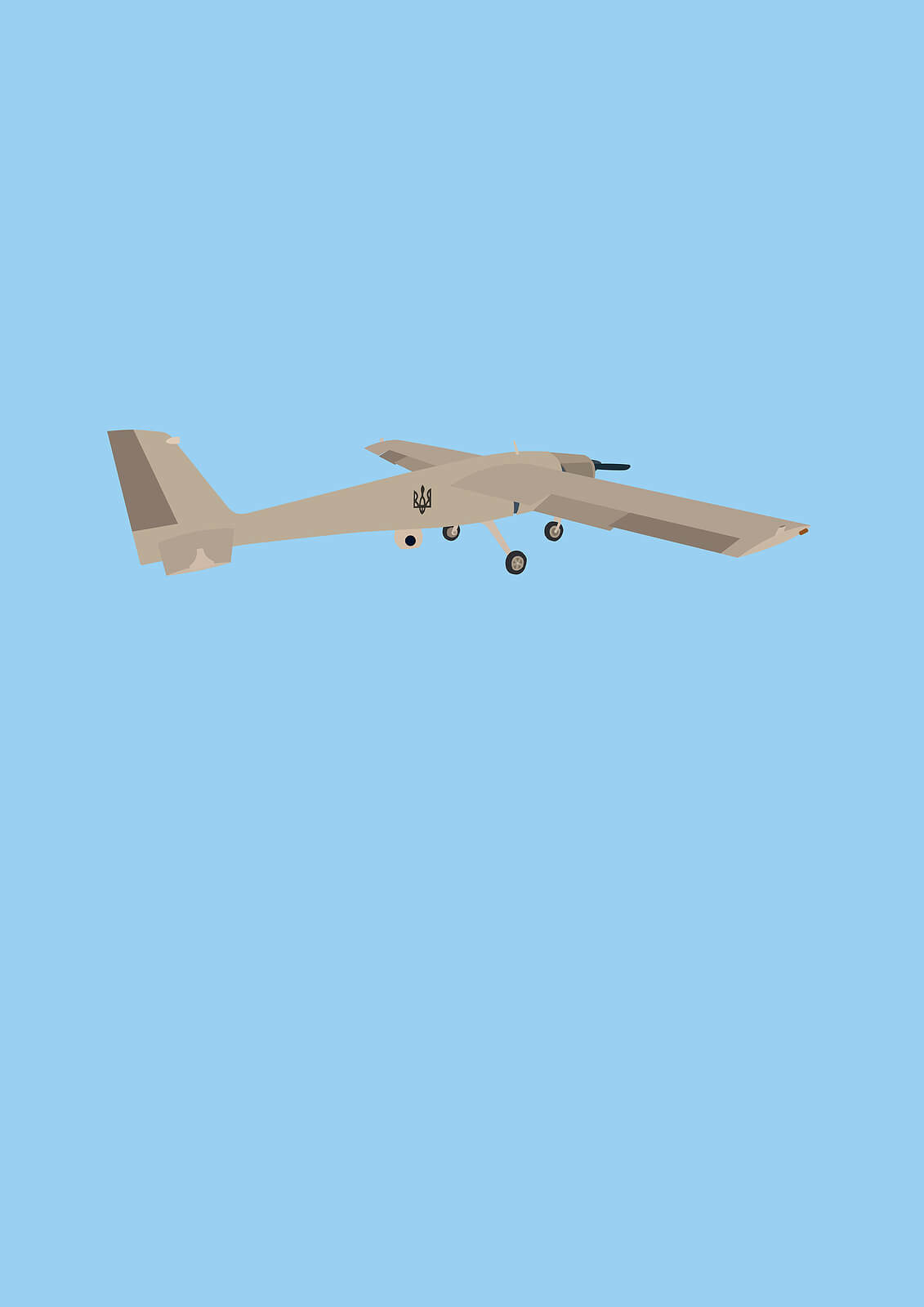
Ukraine forces have put low-tech, affordable and sometimes even homemade drones into operation against Russia to great effect. However, they are finding that connectivity is a serious issue.

The hollowed-out carcasses of tanks and supply trucks along Ukraine’s highways should serve as a harsh wake-up call as we think about how the United States will sustain its forces on the modern battlefield, not only as a talking point about the ineffectiveness and disorganization of Russia’s military.